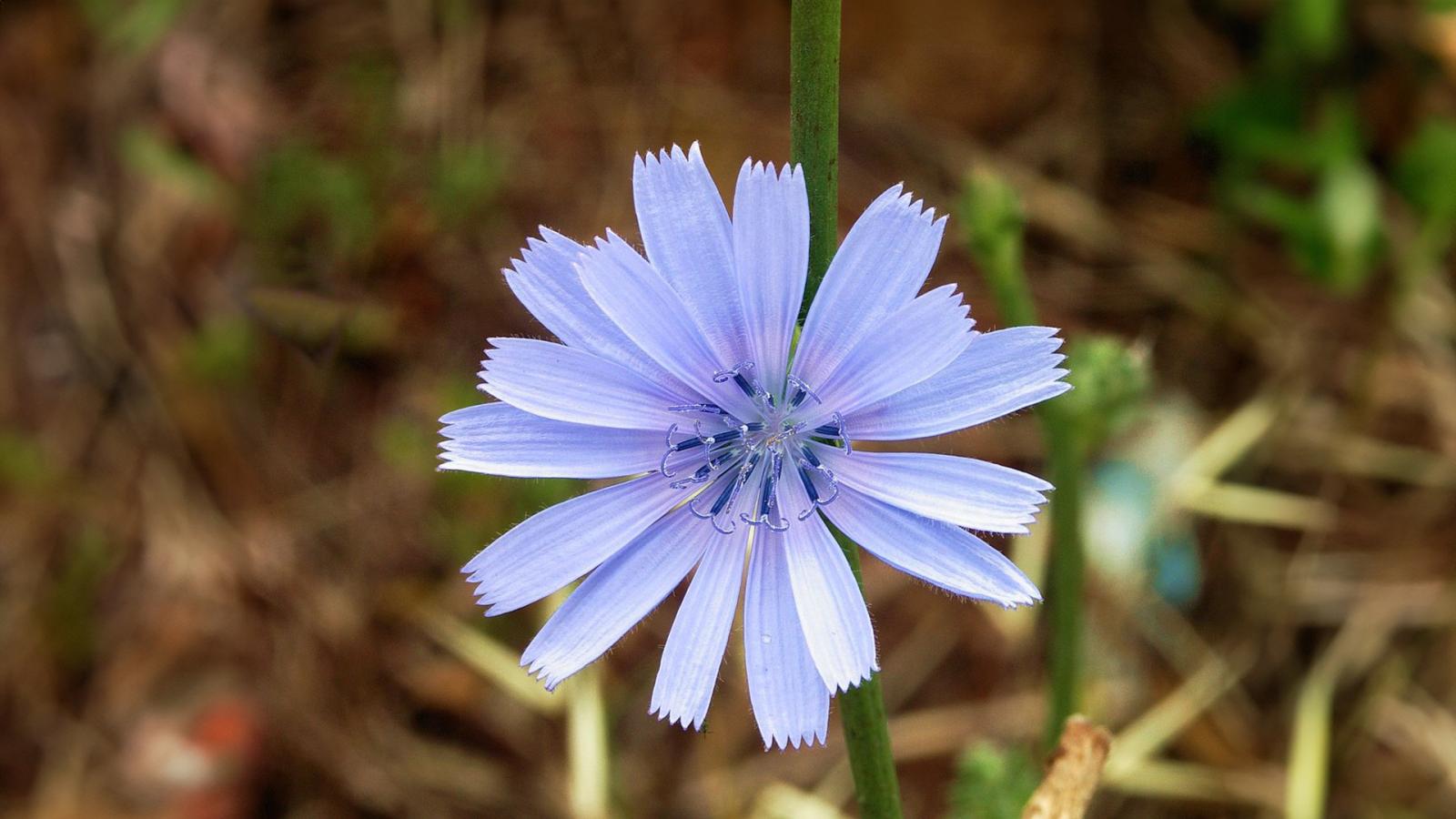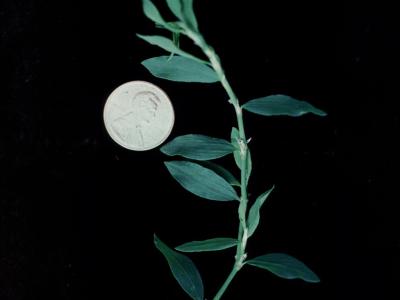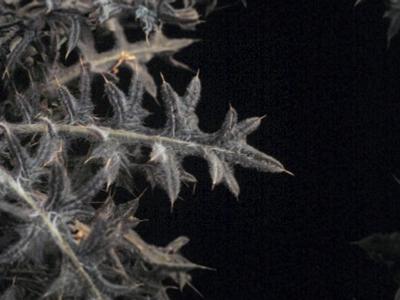
As the weather warms up across the country, many homeowners look to their outdoor living spaces with loving eyes. While lawn care treatments offer the best chance for a healthier lawn this year, increasing heat and possible drought conditions can put a damper on outdoor enjoyment.
Summer weed control can be challenging. In particular, broadleaf weeds (as opposed to grassy weeds) tend to rear their ugly heads in warmer months. Broadleaf weeds are generally more robust than lawn grasses and can become prevalent due to summer stress on your lawn. In order to better understand summertime weed control, let's first look at the two broad categories of weeds you’ll face.

Discover Lawn Care Services Near You
Broadleaf Weeds vs. Grassy Weeds
Broadleaf weeds are so named because they have wide leaves, which you wouldn’t generally mistake for blades of lawn grass. Grassy weeds, on the other hand, more closely resemble common lawn grass species. Grassy weeds have long narrow blades, just like desirable lawn grasses.
Examples of Broadleaf Weeds
- White clover
- Ground ivy
- Thistle
- Chickweed
- Dandelion
- Curly dock
- Prostrate spurge
- Chicory
- Knotweed
Clover is an interesting case. Some don’t quite consider it a weed, and actually enjoy having it as a complement to traditional lawn grass. However, clover can quickly take over a lawn. And in terms of curb appeal, clover just isn’t to everyone’s taste. Here are tips to get rid of clover in your lawn from the experts at NaturaLawn.
Examples of Grassy Weeds
- Yellow nutsedge
- Smooth crabgrass
- Annual bluegrass
- Dallisgrass
- Bermudagrass
- Creeping bentgrass
- Ryegrass
Dallisgrass is that pesky variety that tends to shoot up higher and faster than the surrounding lawn, in bright, waxy blades. To get rid of Dallisgrass, relying on the strength of your turfgrass is your best bet. Learn how to control dallisgrass with proper lawn care practices.

Discover Lawn Care Services Near You
Challenges of Summer Weed Control
Broadleaf weeds are often hardier than lawn grasses. Their large leaves help them store more water than thin-blade grasses, and therefore endure the heat of summer better than the surrounding lawn.
Plus, seeds from broadleaf weeds occur in all soils, and may persist in the soil for 30 or more years. These broadleaf weeds can be prolific seed producers, with many plants individually producing thousands of seeds.
With all of these natural factors at play, it can be difficult to control the presence of weeds. Fortunately, there are ways you can help. By following a few simple practices, you can help your lawn battle back by greatly reducing the presence of weed and disease activity in your lawn.
Mowing Practices for Summer Weed Control
To start, mow tall. This is the best practice you can do for your lawn. By mowing high, your lawn will more effectively choke out new weed growth before it has a chance to take hold in your lawn. It is also important to remember to remove only ⅓ of the grass plant with each mowing. Cutting more than ⅓ can open your lawn to disease and weed activity, not to mention decrease its tolerance to summer stress.
Sharp Mower Blades for Summer Weed Control
In the same regard, make sure your mower blade is sharp. A dull mower blade will rip and tear grass blades, opening them up to a host of potential stresses, including disease and insect damage.
Watering Practices for Summer Weed Control
Proper watering plays an integral role in protecting your lawn. Improper watering can increase the number of weeds and decrease the health and vitality of the turf. Watering too heavily will encourage the germination of sedges and other pesky weed species. Watering at night will increase the likelihood of disease development.
The summer months present unique challenges to weed control. The best time to control weeds is before they take root. If you’re passionate about your lawn, you might also consider aeration and overseeding.
These cultural practices are very important in maintaining a healthy, safer and greener lawn for your family to enjoy all summer long. For more information on preventing and controlling summertime weeds, please contact your local NaturaLawn of America office.







